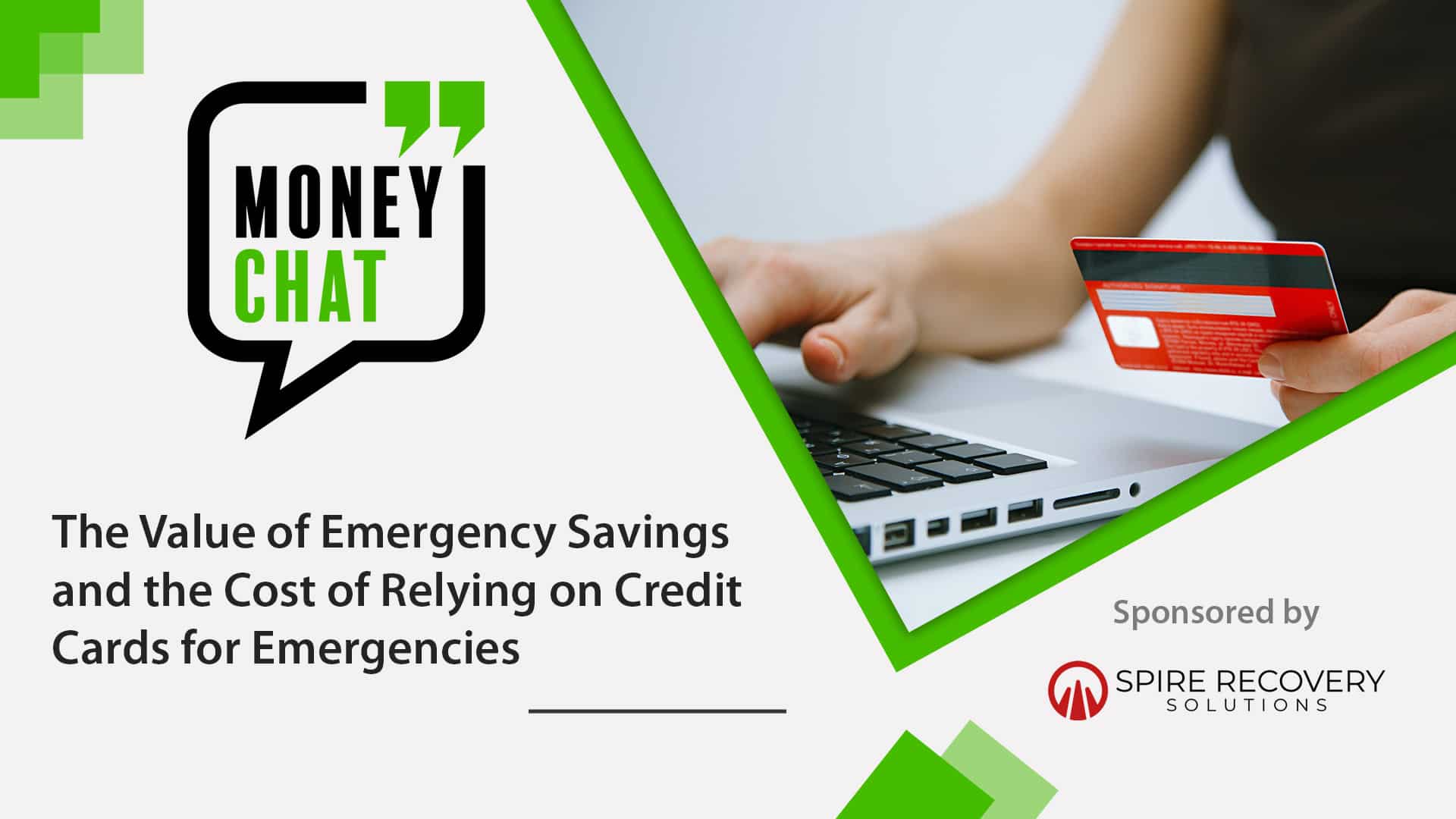
What To Do When A Debt Collector Calls
Receiving a call from a debt collector can be a stressful and overwhelming experience. However, avoiding their calls is not the solution, as it could lead to serious consequences. Instead, take a deep breath, gather your thoughts, and follow these essential steps to handle the situation effectively.
In this Money Chat, we will discuss what your first steps should be if you are contacted by a debt collector.
1. Don’t Avoid Resolving the Collection Notice.
One of the worst things you can do when contacted by a debt collector is to ignore their calls. Avoiding them won’t make the debt disappear; instead, it can escalate the situation and lead to more significant issues. Debt collectors may have various tools, including the ability to take legal action, obtain judgments against you, and even garnish your wages.
Remember, you have rights as a consumer, and it’s crucial to address the situation promptly to prevent compounding financial problems.

2. Ask Questions About Your Debt
When you receive a call from a debt collector, it’s essential to ask questions to gain a clear understanding of the debt in question. Remain calm and respectful during the conversation. Ask the debt collector for specific details about the debt, including:
a. What is the debt for, and when was it incurred?
b. Who is the collection agency, and how can they be contacted?
c. Request detailed information about the debt, such as the original creditor’s name, account number, and the total amount owed.
Gathering this information will help you verify the legitimacy of the debt and ensure that you are responsible for the amount being claimed.
3. Verify the Debt and Gain an Understanding
Under the Fair Debt Collection Practices Act (FDCPA), consumers have the right to request a written validation notice from the debt collector within five days of their initial contact. This notice should include information about the debt, the amount owed, and the steps you can take if you believe there is an error.
Upon receiving the validation notice, carefully review it and cross-reference the information with your own records. If you find any discrepancies or believe that the debt is not yours, you have the right to dispute it with the collection agency. In most cases, collection agencies will happily work with consumers to figure out all pertinent information and next steps.
(As a consumer, you are protected by the FDCPA, which outlines debt collection practices that are considered illegal. Debt collectors are prohibited from engaging in harassment, making false statements, issuing threats, or using deceptive practices to collect debts. If you believe that the debt collector is violating your rights, take note of the date, time, and details of the conversation. Start by submitting a complaint directly to the agency, firm, or creditor to provide them an opportunity to identify and correct the situation or representative in question. You can also file a complaint with the Consumer Financial Protection Bureau (CFPB) or your state’s attorney general’s office.)
4. Make a Plan to Repay Your Debt
Instead of avoiding the debt collector, take the initiative to work with them to create a resolution plan. Based on your financial situation, you may consider negotiating a payment plan that fits within your budget. Some collectors may even be open to settling the debt for a reduced amount if you can make a lump-sum payment.
When working out an agreement, ensure that all terms are clearly stated in writing. This will help prevent any misunderstandings and protect your rights.
Dealing with debt can be challenging, but remember that you’re not alone. You may explore debt consolidation options to combine multiple debts into one manageable monthly payment. However, be cautious and research any company you consider working with to avoid falling victim to scams.
Free Financial Literacy Resources
When a debt collector calls, it’s natural to feel uneasy. However, taking the right steps can help you navigate the situation more effectively. Remember, don’t avoid resolving the collection notice, ask questions to gain a clear understanding of the debt, and work with the collector to create a resolution plan. For more free resources, or to learn more about financial literacy, please visit our Money Chat page.
Have an idea for a Money Chat topic?
We want to hear from you! If you have a suggestion for a future Money Chat topic, please email us at [email protected].
The information contained in this article is meant to serve as general guidance for consumers and not meant to serve as personal or comprehensive financial advice. For questions about your individual circumstance, finances, or accounts, please contact your creditor(s) and/or financial advisor directly.
Thank you to our sponsor, Frontline Asset Strategies
Founded in 2008, Frontline Asset Strategies is a nationally licensed and bonded full-service collection agency specializing in accounts receivables management solutions that assist clients with maximizing the recovery of delinquent and non-performing accounts. The Frontline Asset Strategies team works with integrity and transparency to deliver positive consumer interactions that exceed expectations. The company is headquartered in Roseville, MN with an additional location in Jacksonville, FL.









